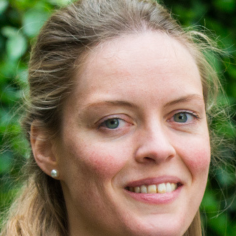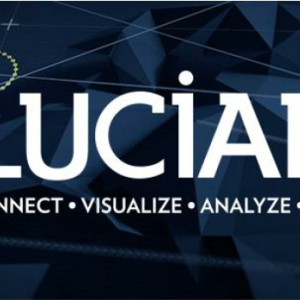 \
&
Contact us
\
&
Contact us
 \
&
Contact us
\
&
Contact us
Science with and for Society (SwafS) will help build effective cooperation between science and society, to recruit new talent for science and to pair scientific excellence with social awareness and responsibility.
Science with and for Society will be instrumental in addressing the European societal challenges tackled by Horizon 2020, building capacities and developing innovative ways of connecting science to society. It will make science more attractive (notably to young people), raise the appetite of society for innovation, and open up further research and innovation activities. It allows all societal actors (researchers, citizens, policy makers, business, third sector organisations etc.) to work together during the whole research and innovation process in order to better align both the process and its outcomes with the values, needs and expectations of European society. This approach to research and innovation is termed Responsible Research and Innovation (RRI).
The Science with and for Society (SwafS) work programme 2018-2020 shall focus on five calls for proposals in which proposals are invited against specific topics:

margot.beereboom@fwo.be
+32 2 550 15 76
Infosheets contain edited content on aspects related to this programme. They are reviewed at least yearly.
Related links are easy pointers towards external information. We curate the list, but are not liable for the destinations.
Documents contain additional information related to this programme, and are similar to related links.

Founded in 1999, Luciad serves clients in Europe, Asia and the Americas. Though it recently was acquired by Hexagon Geospatial, they kept an agile SME mindset. Thousands of end users work directly with Luciad’s geospatial applications, and major systems integrators (think Airbus Defense and Space, Lufthansa Systems, NATO, Thales…) incorporate its software in their own products.
NCP Flanders went to Leuven to interview Frederic Houbie, the Research Projects Manager at Luciad, about how he sees Horizon 2020. Luciad is a partner in the MARISA project, which is a collaborative RIA project submitted to an ICT call topic.